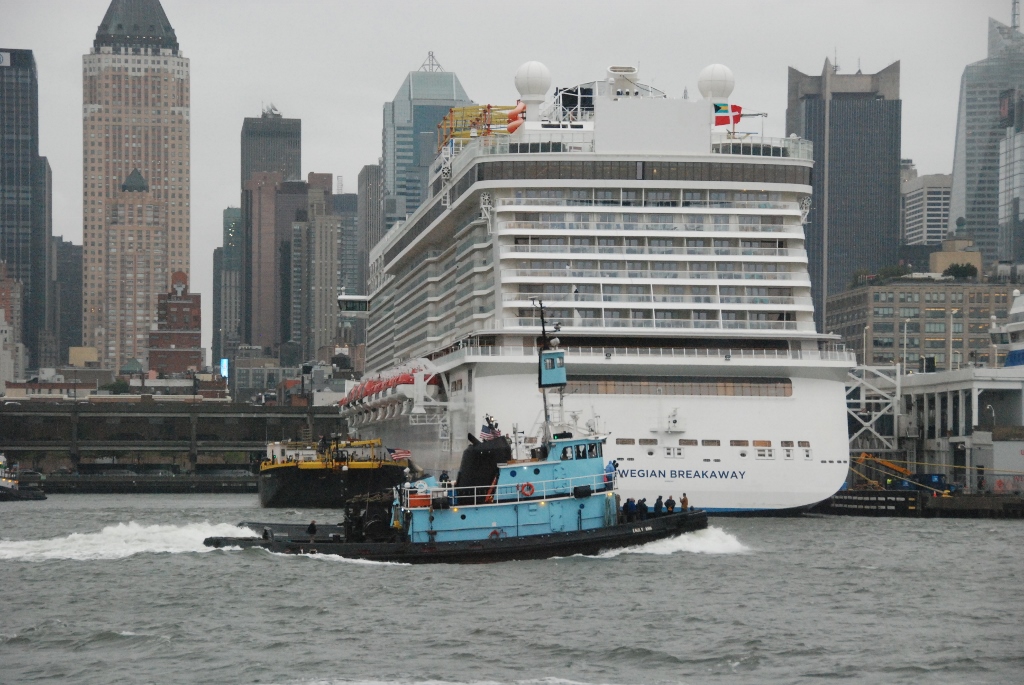The Centers for Disease Control and Prevention (CDC) extended through Sept. 30 its no-sail order for cruise ships that carry at least 250 overnight passengers and crew in U.S. waters.
The order issued Thursday affects mostly the big foreign-flag lines, but U.S.-flag operators with smaller vessels also have been challenged to restart cruises after the coronavirus shutdown because of a variety of state and local restrictions.
The CDC’s first no-sail order was issued in mid-March for 30 days then extended in April through July 24. The Cruise Lines International Association (CLIA), which represents the major foreign lines, in June extended the suspension of cruises from U.S. ports until Sept. 15. The CDC said it supports CLIA’s move but because not all operators belong to the trade group it wanted to be sure “that passenger operations on cruise ships do not resume prematurely.”
CDC statistics show that from March 1 through July 10 cruise ships had 2,973 Covid-19 or Covid-like illness cases in addition to 34 deaths. These cases were part of 99 outbreaks on 123 different cruise ships. As of July 3, nine of the 49 ships under the no-sail order had ongoing or resolving outbreaks.
“Even when only essential crew are on board, ongoing spread of Covid-19 still occurs,” the CDC said. If full-scale sailing resumed, passengers and crew on board would be at increased risk of infection “and those that work or travel on cruise ships would place substantial unnecessary risk on healthcare workers, port personnel and federal partners (i.e., Customs and Border Protection and the U.S. Coast Guard), and the communities they return to.”
The order required cruise lines to develop a comprehensive plan approved by CDC and the Coast Guard to address the outbreak through “maritime-focused solutions” including a response with limited reliance on government support.
Most plans initially submitted needed reviews and revisions, CDC said. Major areas of concern included insufficient details for monitoring crew, missing shoreside and onboard testing agreements, failing to close self-service buffets, salons and gyms, and unspecified quantities of personal protective equipment, medical and laboratory supplies and fever-reducing medications.





